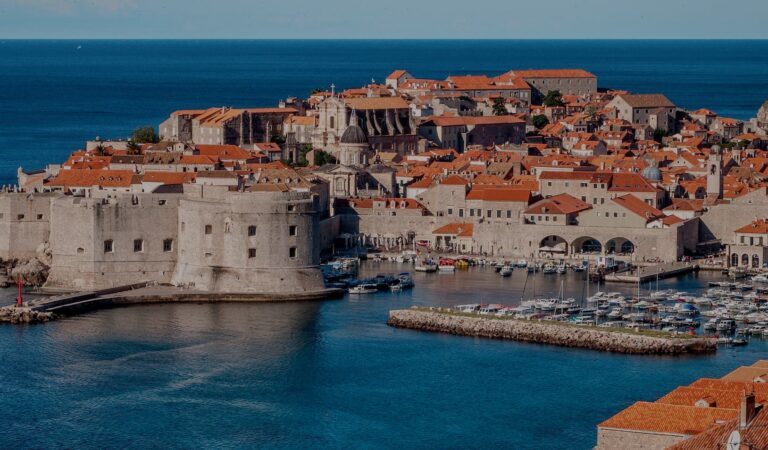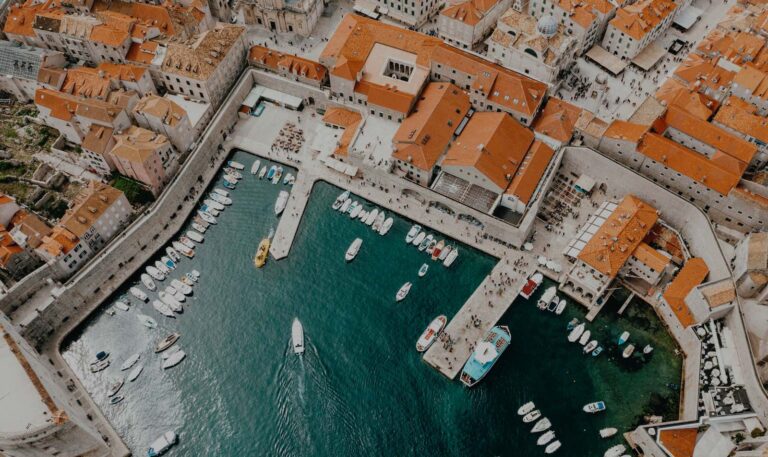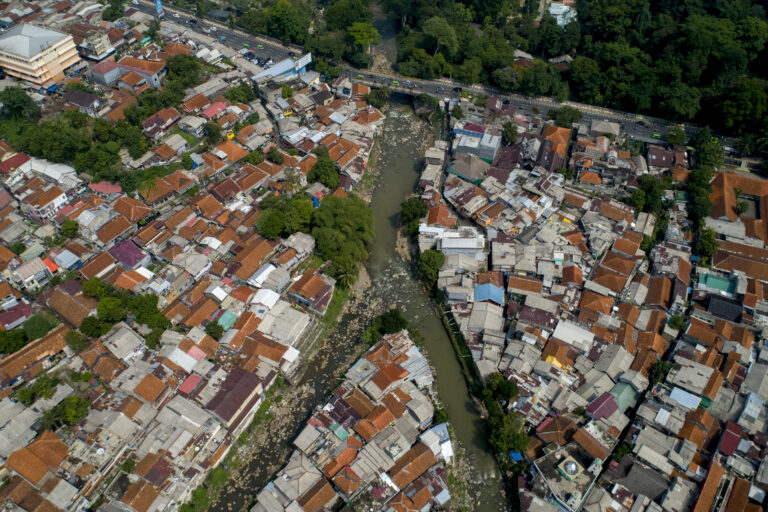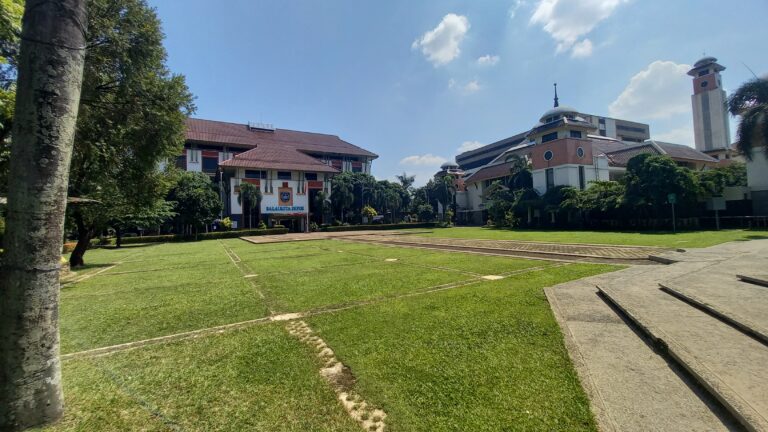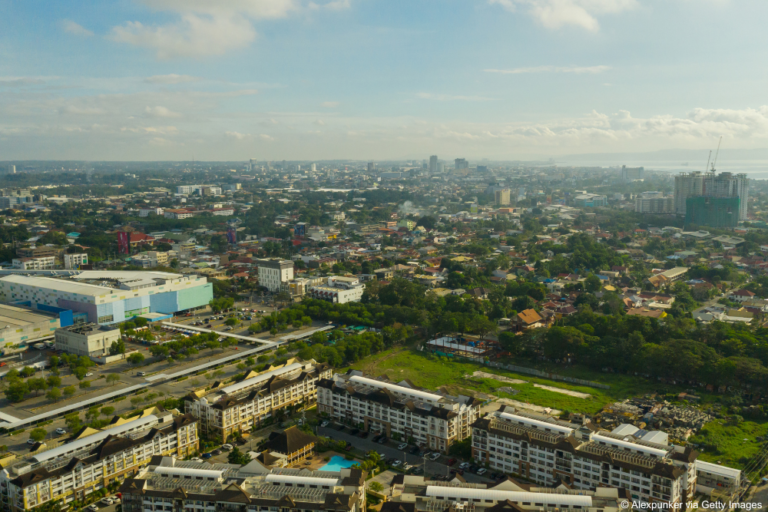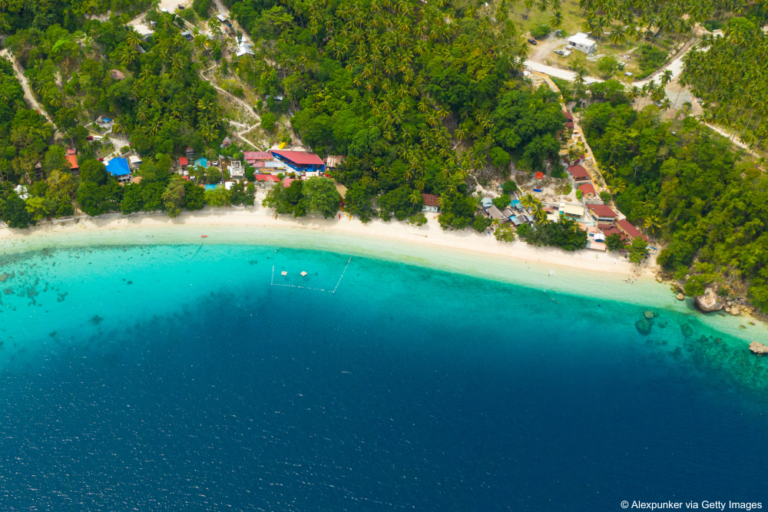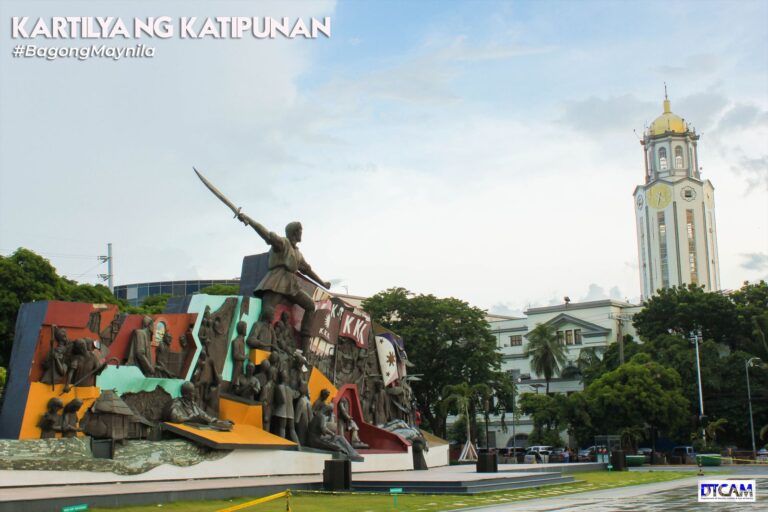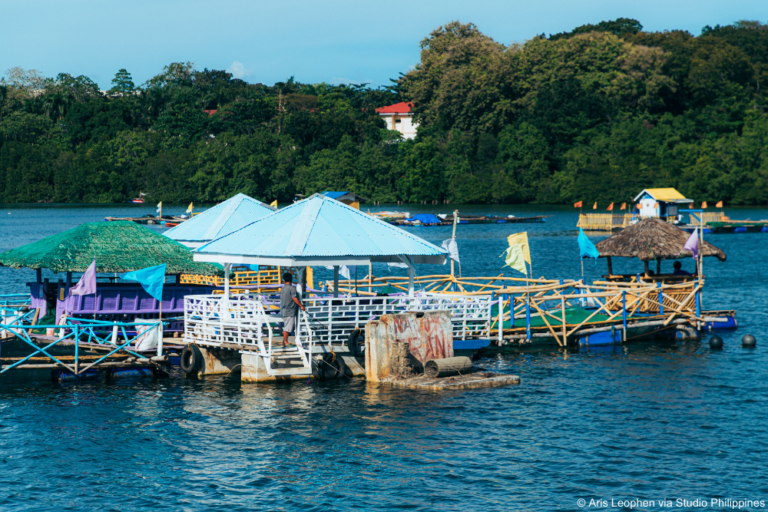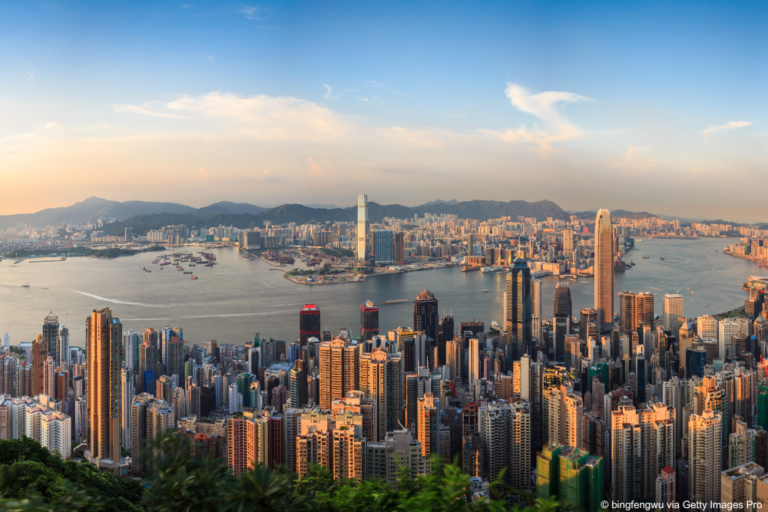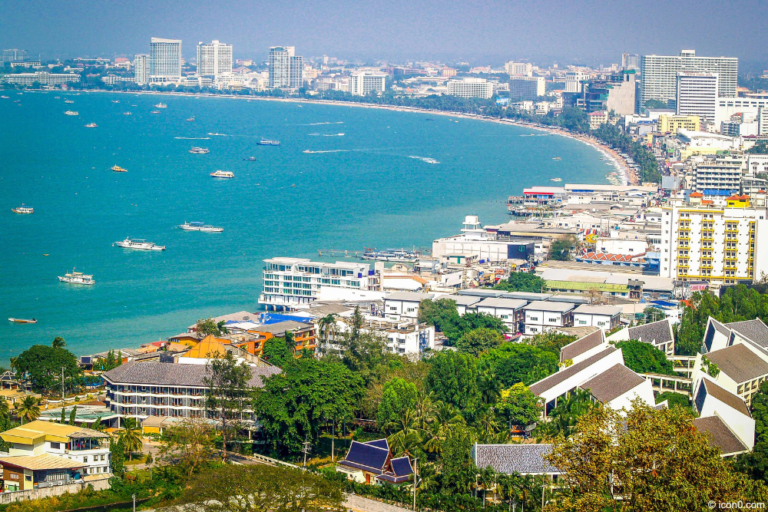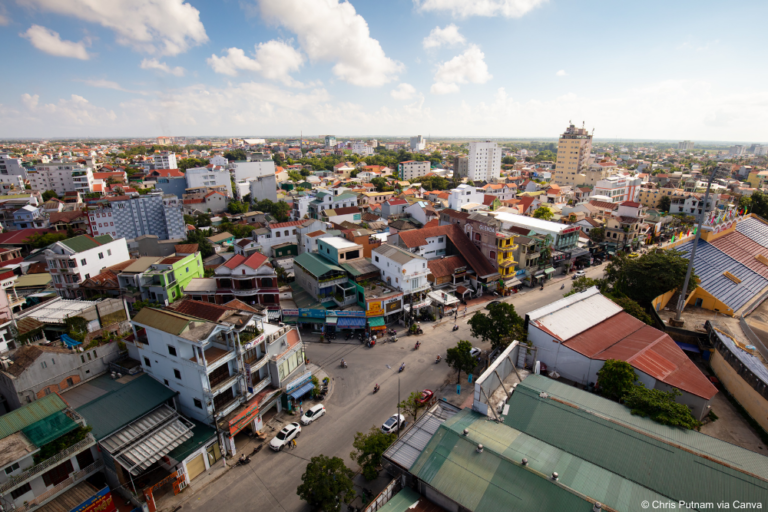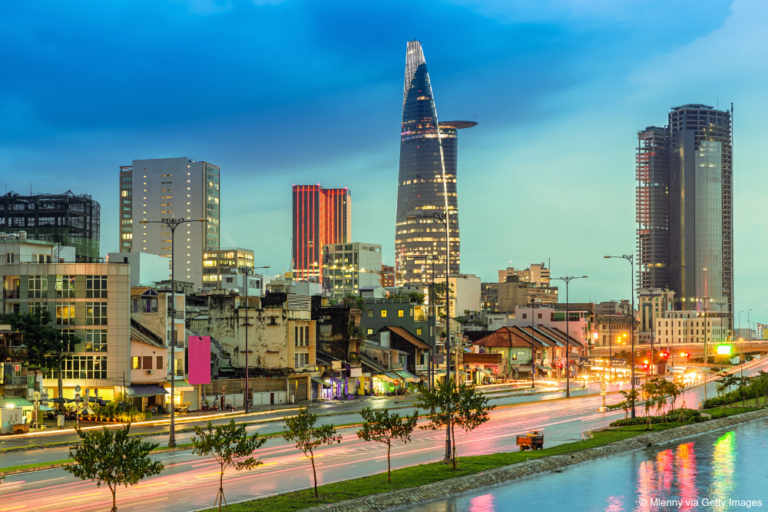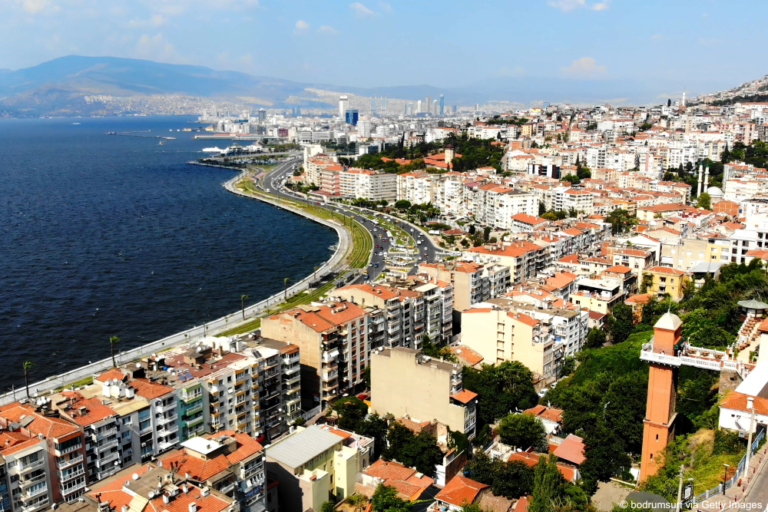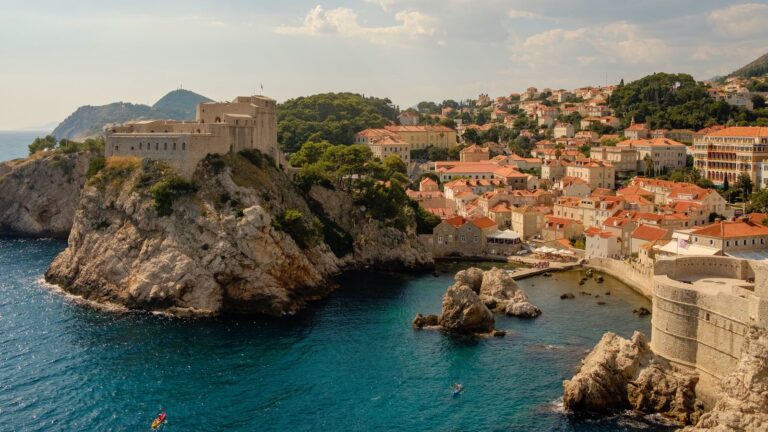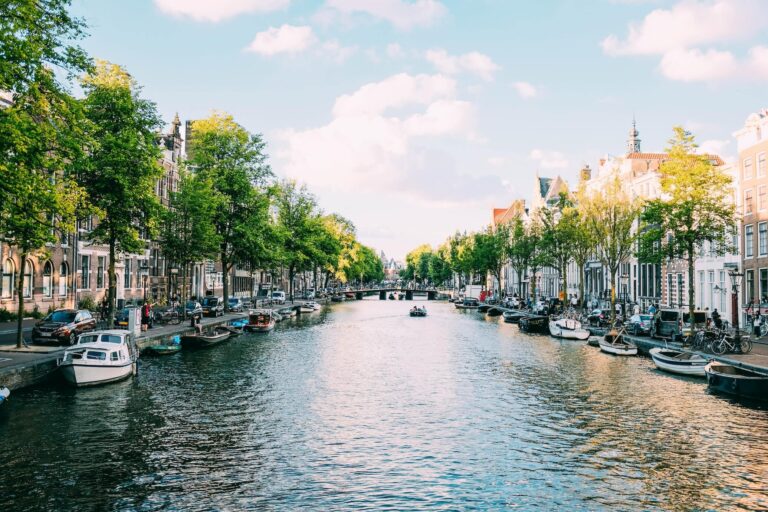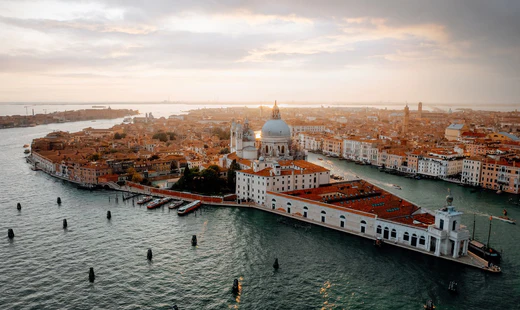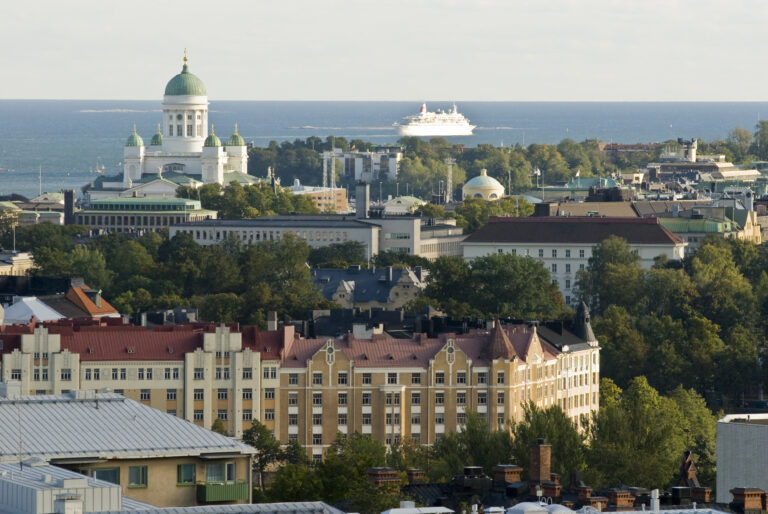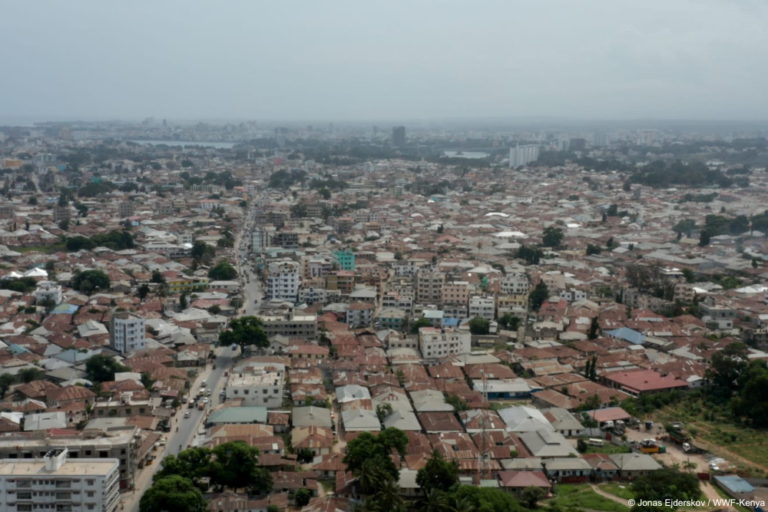The City of Dubrovnik, a UNESCO World Heritage site since 1979, has a population of 42,000 inhabitants as well as over 4 million overnight stays a year. Mass tourism creates a significant pressure on the use of natural resources and waste management in the city. As a leading tourist destination in Croatia, the City of Dubrovnik wants to contribute to reducing its own plastic footprint by joining the Plastic Smart Cities initiative and thereby setting an example for other cities in Croatia given that the struggle with plastic waste is something that we, as a society, have to face more ambitiously.
This project also represents a continuation of efforts and activities taken by the City of Dubrovnik in line with stimulating sustainable development and the development of sustainable tourism in the city. Throughout the implementation of the project activities, emphasis will be put on raising awareness among the citizens of the City of Dubrovnik, and eventually of all citizens in Croatia, about the causes and consequences of plastic pollution for the environment, the marine and terrestrial ecosystems, and human health.
Stronger engagement at all levels of government is needed on top of the contribution of each one of us given that the environmental responsibility of individuals also plays a key role in resolving this problem. We have witnessed that positive changes are possible—the news about ending the use of plastics on the island of Zlarin as well as within the city administrations of several cities in Croatia (Medulin, Poreč, Vrgorac) made headlines in all national media.
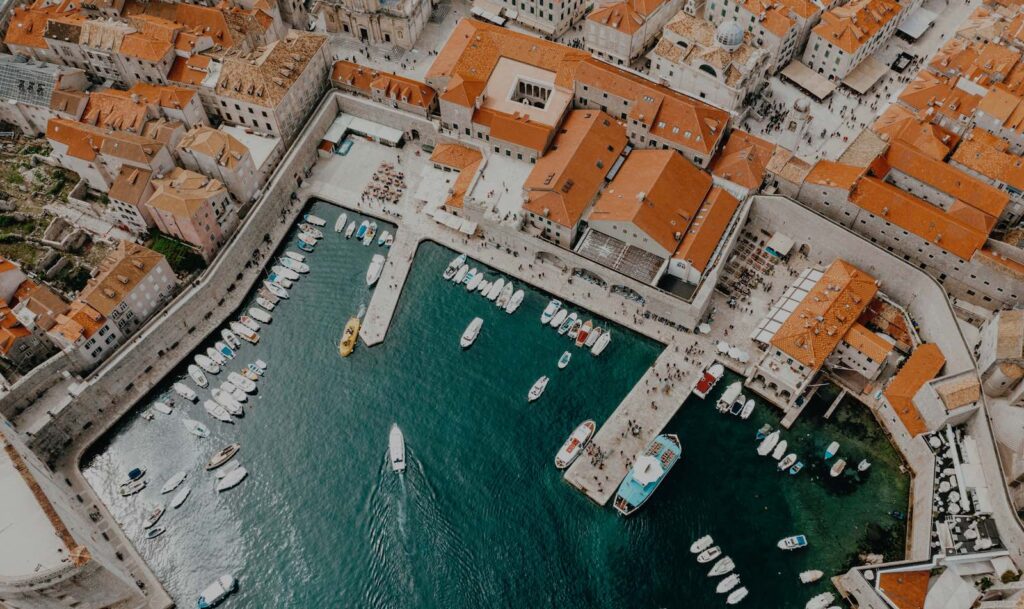
In order to achieve the goals of the City Action Plan, the City of Dubrovnik commits to fully embrace the models of a circular economy. The City Action Plan proposes measures and activities to reduce the use of unnecessary single-use plastics, promotes alternatives to plastic products, designs activities and ensures the implementation of improvements in plastic waste management processes.
The City Action Plan consists of three thematic units:
Reducing the total amount of produced and disposed plastic waste, establishing a system that supports circular economy and remediation of existing pollution – prescribing the objectives and activities to be carried out at the City level in order to reduce waste volumes to minimum legally determined rates
Creating examples of good practice in reducing waste generation and its reuse – defining the goals and activities that need to be implemented within the City of Dubrovnik and its institutions to become fully plastic free, thus being an example of good practice not only in the Republic of Croatia, but also in a wider region
Education and communication with the public – an activity that fully supports the implementation of the previous two units, with the aim of increasing the environmental awareness of citizens and ensuring long-term support for the Action Plan to Reduce Plastic Pollution in the City of Dubrovnik 2021 – 2026.
Croatia generates 400kTs of plastic waste each year or 96 kg of plastic per capita. Among the 22 Mediterranean countries in the region, Croatia is the tenth-highest manufacturer of plastic products and has the third-highest per capita waste generation, which attests to the high level of production and consumption of plastics.
The City of Dubrovnik is committed to providing Plastic Smart Cities with annual updates on activities and progress toward targets described in the City Action Plan.
The City Action Plan was adopted on 15 April 2021, and provides a description of planned measures, activities and targets for the period of 2021-2026. Already in August 2021, the City Council adopted a measure to limit the use of single-use plastics only to essential and irreplaceable products within city institutions, public companies, and at public events.
Explore More Cities

CROATIA | DUBROVNK
As part of the Plastic Smart Cities Croatia project, which is implemented in cooperation with Association Sunce Split and WWF, the City of Dubrovnik committed to reducing its plastic footprint by eliminating single-use plastics as well stopping the inflow of plastics into nature by 2030.
CITY: Dubrovnik
COUNTRY: Croatia
POPULATION: 42,615
JOINED: July 2020
OFFICIAL WEBSITE: view
CONNECT: Facebook | Instagram
The City of Dubrovnik, a UNESCO World Heritage site since 1979, has a population of 42,000 inhabitants as well as over 4 million overnight stays a year. Mass tourism creates a significant pressure on the use of natural resources and waste management in the city. As a leading tourist destination in Croatia, the City of Dubrovnik wants to contribute to reducing its own plastic footprint by joining the Plastic Smart Cities initiative and thereby setting an example for other cities in Croatia given that the struggle with plastic waste is something that we, as a society, have to face more ambitiously.
This project also represents a continuation of efforts and activities taken by the City of Dubrovnik in line with stimulating sustainable development and the development of sustainable tourism in the city. Throughout the implementation of the project activities, emphasis will be put on raising awareness among the citizens of the City of Dubrovnik, and eventually of all citizens in Croatia, about the causes and consequences of plastic pollution for the environment, the marine and terrestrial ecosystems, and human health.
Stronger engagement at all levels of government is needed on top of the contribution of each one of us given that the environmental responsibility of individuals also plays a key role in resolving this problem. We have witnessed that positive changes are possible—the news about ending the use of plastics on the island of Zlarin as well as within the city administrations of several cities in Croatia (Medulin, Poreč, Vrgorac) made headlines in all national media.
In order to achieve the goals of the City Action Plan, the City of Dubrovnik commits to fully embrace the models of a circular economy. The City Action Plan proposes measures and activities to reduce the use of unnecessary single-use plastics, promotes alternatives to plastic products, designs activities and ensures the implementation of improvements in plastic waste management processes.
The City Action Plan consists of three thematic units:
a) Reducing the total amount of produced and disposed plastic waste, establishing a system that supports circular economy and remediation of existing pollution – prescribing the objectives and activities to be carried out at the City level in order to reduce waste volumes to minimum legally determined rates
b) Creating examples of good practice in reducing waste generation and its reuse – defining the goals and activities that need to be implemented within the City of Dubrovnik and its institutions to become fully plastic free, thus being an example of good practice not only in the Republic of Croatia, but also in a wider region
c) Education and communication with the public – an activity that fully supports the implementation of the previous two units, with the aim of increasing the environmental awareness of citizens and ensuring long-term support for the Action Plan to Reduce Plastic Pollution in the City of Dubrovnik 2021 – 2026.
For a detailed overview of the planned measures and activities, please download the City of Dubrovnik's City Action Plan.
Croatia generates 400kTs of plastic waste each year or 96 kg of plastic per capita. Among the 22 Mediterranean countries in the region, Croatia is the tenth-highest manufacturer of plastic products and has the third-highest per capita waste generation, which attests to the high level of production and consumption of plastics.
The City of Dubrovnik is committed to providing Plastic Smart Cities with annual updates on activities and progress toward targets described in the City Action Plan.
The City Action Plan was adopted on 15 April 2021, and provides a description of planned measures, activities and targets for the period of 2021-2026. Already in August 2021, the City Council adopted a measure to limit the use of single-use plastics only to essential and irreplaceable products within city institutions, public companies, and at public events.
Explore other cities in Mediterranean
Geocoding Error Occured.
Tried to Geocode:
Error Type:
Please be sure to follow the tutorial on how to setup the Google APIs required for the Advanced Google Map Widget.
Google Map API Key Tutorial